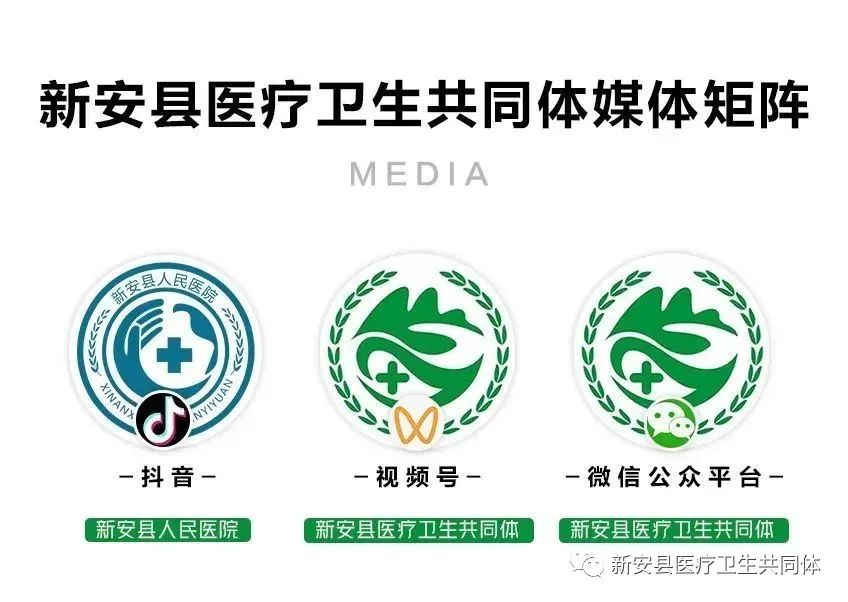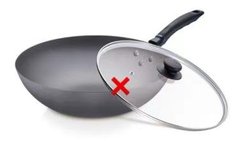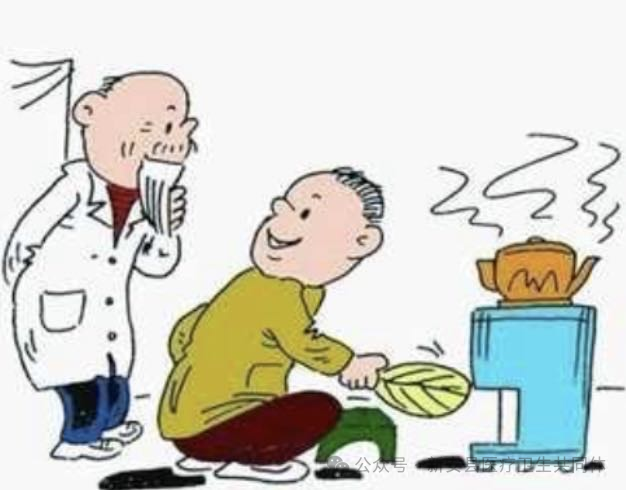
As the old saying goes, if the decoction of Chinese medicine is not brewed properly, its efficacy is reduced by half. How should we brew Chinese medicine?
Step 1: Selection of Brewing Utensils
Do not use iron, copper, or aluminum pots, as chemical reactions may occur during the brewing process, reducing the medicinal efficacy.
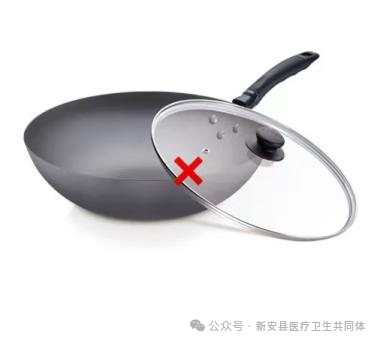
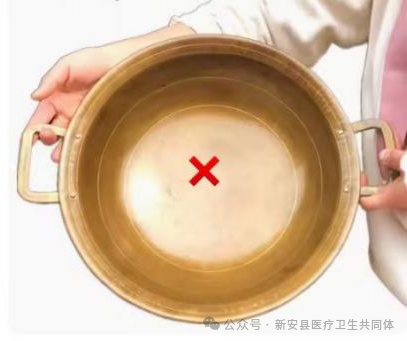
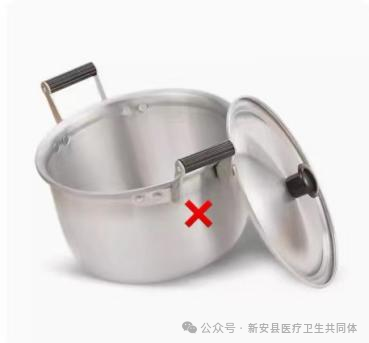
Use clay pots, earthenware, ceramic, or stainless steel pots instead.
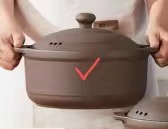
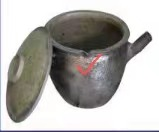
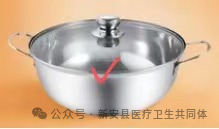 Step 2: Soaking
Step 2: Soaking
To facilitate the extraction of active ingredients, soak the herbal slices in room temperature water for about 30 minutes before brewing, allowing the herbs to fully absorb moisture. The amount of water used depends on the weight and texture of the herbal slices, generally enough to cover the herbs by 2-5 cm.
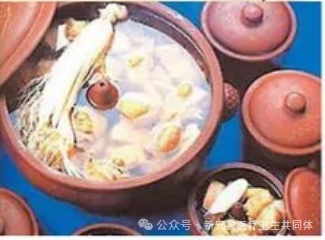 Step 3: Brewing Method
Step 3: Brewing Method
1. Amount of Water for Brewing
The amount of water added varies for different herbal formulas.
Too little water will not extract the active ingredients from the herbs.
Too much water will waste time and dilute the decoction.
Thus, both too little and too much water can affect efficacy.
Therefore, the amount of water for brewing:
Generally, use 5-10 times the amount of herbs, or enough to cover the herbs by 2-3 cm.
2. Number of Brews
A single dose of herbs should be brewed at least twice. This allows the herbs to interact fully, ensuring that the active ingredients are thoroughly extracted, enhancing efficacy (once the concentration of active ingredients in the internal and external solutions reaches equilibrium, they will no longer dissolve; only by filtering the decoction and re-brewing can the active ingredients continue to dissolve). For dense or nourishing herbs, brewing three times or more is advisable.
3. Amount of Decoction
The brewing amount varies for different populations.
Adults: The first brew should yield 100-200 ml of decoction, with a total of 200-300 ml from two brews; for children, the amount varies by age.
4. Brewing Time
For general herbs, after boiling the first brew, continue brewing for 20-30 minutes; for the second brew, after boiling, brew for another 10-15 minutes. Lighter herbs or those with aromatic components, such as exterior-releasing herbs, heat-clearing herbs, and aromatic herbs, should not be boiled for too long; the brewing time should be shortened to 10-20 minutes for the first brew and 5-10 minutes for the second brew. Nourishing herbs, mineral herbs, and root or tuber herbs, which are dense and not easily volatile, should have extended brewing times: after boiling the first brew, continue for 40-60 minutes; for the second brew, after boiling, continue for 30-40 minutes.
5. Heat Level for Brewing
When brewing Chinese medicine, pay attention to the heat level; use high heat before boiling, and switch to low heat once boiling. The heat levels are categorized as low heat (wen huo) and high heat (wu huo). For the first brew: bring to a boil with high heat, then simmer on low heat for 20-30 minutes; for the second brew, bring to a boil with high heat, then simmer on low heat for 20 minutes, mixing the two decoctions, allowing them to settle, and removing the dregs.
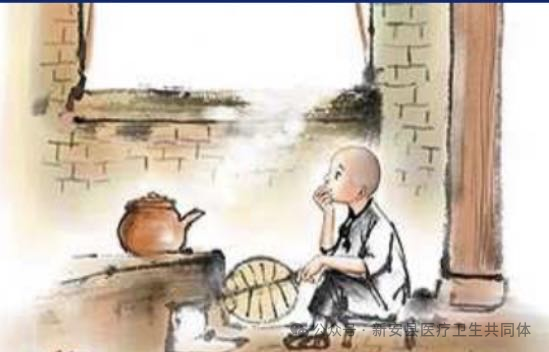
6. Straining the Dregs
After filtering the decoction, the dregs that have absorbed the liquid should be placed in double-layer gauze or a permeable cotton cloth, and after cooling slightly, press to extract the liquid absorbed in the dregs.
Important Reminders:
First: Generally, Chinese medicine should be taken warm, half an hour after meals, and any leftover decoction should be stored in the refrigerator for moderate cooling.
Second: Dietary Restrictions
When taking Chinese medicine decoctions, avoid smoking, alcohol, tea, spicy, oily, greasy, and raw cold foods, and avoid overeating. Generally, do not drink strong tea while taking Chinese medicine, as tannins in tea can affect the absorption of active ingredients, reducing efficacy. Raw and cold foods can irritate the gastrointestinal tract, affecting the absorption of the medicine. Spicy foods can deplete qi and generate heat. Oily foods can promote dampness and phlegm, obstructing the absorption of active ingredients and reducing efficacy.
Disclaimer: This article is for health education purposes only, images are sourced from the internet, and it is not intended for any commercial advertising purposes, nor does it provide medical advice or replace hospital examinations and treatments.
If you have related diseases, please seek timely treatment at a regular medical institution and follow medical advice.
Contributed by: Department of Traditional Chinese Medicine
Edited by: Dai Yue
Proofread by: Bai Jingjing, Dai Yue
Reviewed by: Nursing Department, You Xinmiao
We want to see you first every day Please give us a star mark
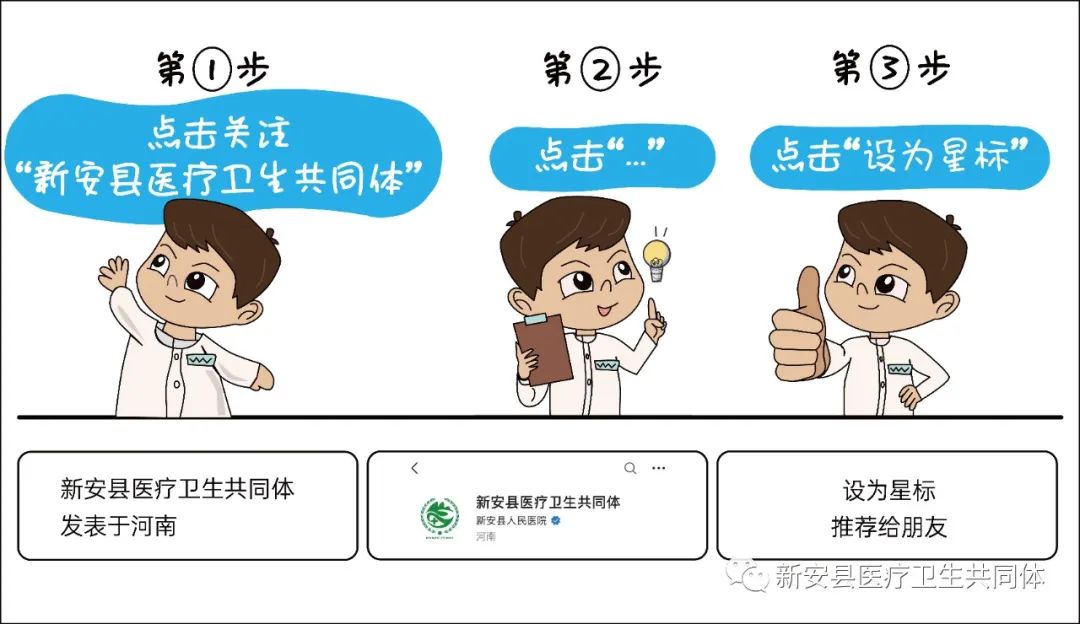
-End-
「If useful, please click to view」

